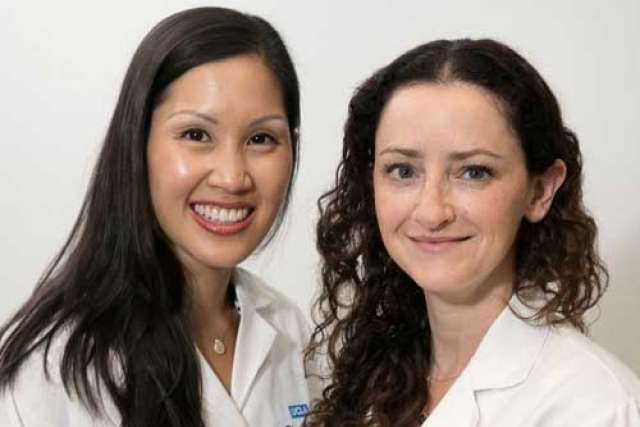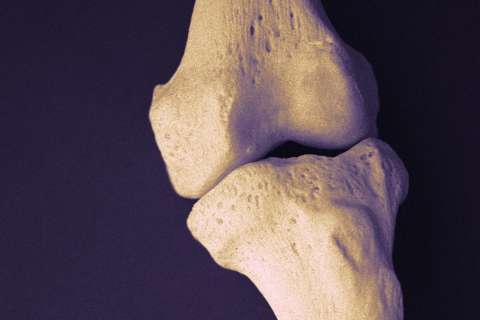Dear Doctors: I’ve always loved animals and now I want to stop eating meat. But I’m 15 years old and my parents think that’s too young to make such a big decision. What can I tell them about being a vegetarian? I’m hoping I can persuade them it’s OK.
We think it’s admirable that you want your lifestyle to reflect your beliefs. And we also understand how taking on a new diet might cause your parents to worry. As a teenager you’re in a period of growth spurts and hormonal shifts. Poor nutrition can affect your health, moods, and learning ability. It may even play a role in susceptibility to disease in adulthood.
That said, the good news is that with proper planning, a vegetarian diet can be as nutritionally complete for people of all ages as one that includes meat. The vegetarian diet is often low in saturated fat and also high in dietary fiber. As a result, studies find that vegetarians often have a lower body mass index (BMI), lower blood pressure, and more healthful cholesterol levels than people who eat meat. In addition, death from heart disease, stroke, type 2 diabetes and certain cancers is lower among vegetarians than non-vegetarians.
You and your parents will start by deciding where on the meat-free scale of eating you wish to begin. Some vegetarians include milk and eggs in their diets. Vegans avoid all animal products, including honey and gelatin. And while it’s not strictly vegetarian, some individuals skip red meat and poultry, but do eat fish and seafood.
When vegetarians decide to cut milk and eggs from their diets, alternative sources of protein, calcium and B12 become necessary. Protein can be found in soy products, beans, legumes and supplements. Small amounts of calcium are available in leafy greens and almonds. To get enough of the mineral, vegans often include calcium-fortified soymilk, juice, and cereals, and calcium-set tofu in their diets.
Vitamin B12, found only in animal protein, is a vital nutrient. Your body needs it to make red blood cells, for proper neurological function, and to synthesize DNA. Vegetarians can get B12 in fortified products like cereals and soymilks, as well as in supplements.
Iron is a nutrient that vegetarians and meat eaters alike can fall short on. It helps your blood carry oxygen to muscles and organs, and is important for growth and normal cell function. Heme iron, which is most easily absorbed by the body, is found in lean meat and seafood. Nuts, beans, some leafy greens, and fortified grain products are sources of nonheme iron, which the body doesn’t use as efficiently. Vitamin and mineral supplements can help provide adequate iron, as well as other essential nutrients.
We’ve just hit the high points here. If and when your parents give you the OK to say goodbye to meat, we strongly recommend that you all become students of vegetarian nutrition. Your family doctor can help, and can also guide you to some excellent books and web sites to help you plot your future journey.
Eve Glazier, MD., MBA, and Elizabeth Ko, MD., are internists at UCLA Health. Dr. Glazier is an associate professor of medicine; Dr. Ko is an assistant professor of medicine.
Ask the Doctors is a syndicated column first published by UExpress syndicate.





